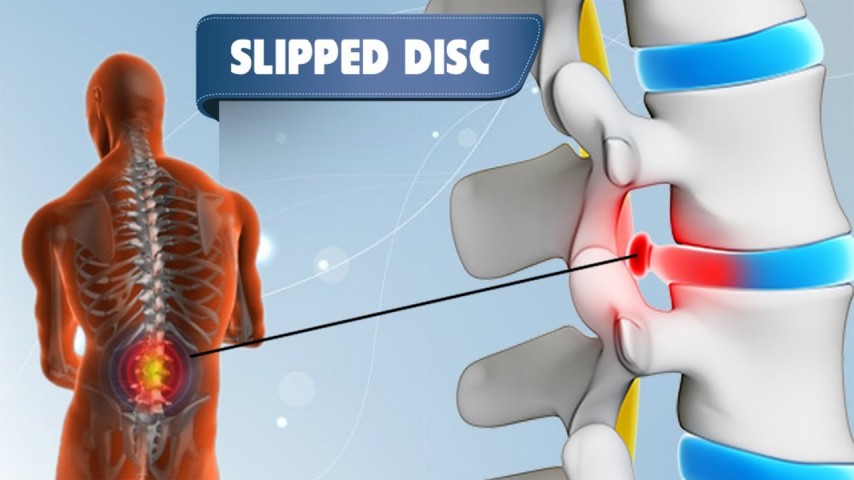108 Glen Osmond Road, Parkside

The spine is composed of multiple bones, known as vertebrae, and soft, jelly-like cushions, known as intervertebral discs. As the bones move along the facet joints, located at the back of the vertebrae, the discs help to distribute the load, acting as shock absorbers. In a normal spine, the discs should remain within a confined space between the bones, held in place by fibrous tissues that keep the gel contained. There are also nerves that lie behind the vertebrae and the discs, controlling your arms, legs and bladder function.
A slipped disc, also known as a herniated nucleus pulposus, occurs when the disc material moves (or slips) out of its normally defined space, irritating the surrounding nerves and causing a host of painful symptoms. This tearing of the tissues around the disc can happen when your back is under extra strain, such as when you are carrying a heavy load, or making a sudden movement.
Symptoms of a slipped disc in the neck:
Disclaimer : Sandeep Kumar and Anupam Vasudeva are not GP, they have Ayurveda medical degree from India where it is considered equal to any other medical degree. This qualification is recognized in Australia by vetassess governing body as Complementary Health Therapists. Life Line Ayurvedic Herbal Clinic does not claim to cure a disease or terminal illness and does not create any unreasonable expectation of beneficial treatment. Ayurvedic medicines and treatments are generally considered to be safe but rarely may be associated with possible adverse reactions in individual cases. We recommend seeking urgent medical attention in the case of an adverse reaction. This website provides you with information. You must contact your Ayurvedic or another health professional before you apply them. Read More